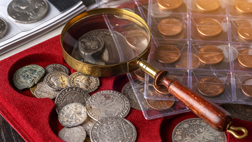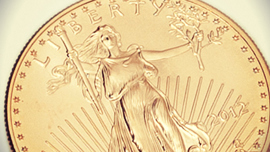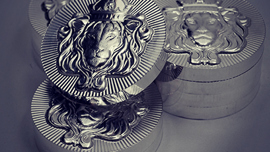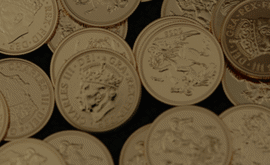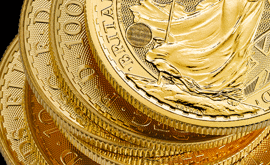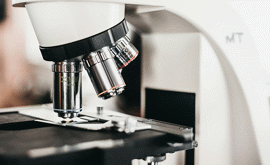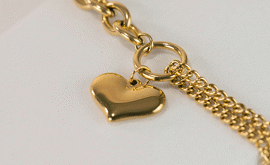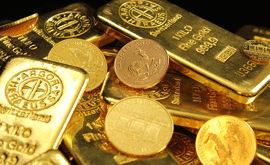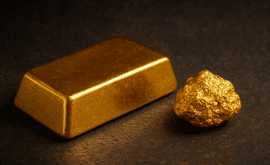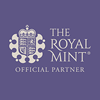Your Guide to Collecting Coins in the UK
In this article, we will examine all there is to know about numismatics, exploring its history and providing practical tips and advice to help you to understand the basics. Our aim is to equip you with the knowledge you need to embark upon your own journey into the world of coin collecting.
What is numismatics?
Numismatics is the study and collection of coins and other types of currency including tokens, medals, and paper money. The word ‘numismatic’ is borrowed from the French word ‘numismatique’ meaning ‘coin’, which itself was derived from the Latin ‘nomisma’, also meaning ‘coin’.
A numismatist is a person who collects coins, often studying their design and production techniques, as well as their significance in history and culture.
Numismatists tend to collect coins from different time periods or themes, or will focus on specific types such as old coins, modern coins, or coins from a particular country or mint. Coins that are rare or have a special history, as well as those that show minting errors are also considered to be interesting to collectors, with these sometimes holding more value.
Beyond just collecting coins, numismatists often take an interest in studying the history and circulation patterns of coins, the designs featured on them, as well as the materials they are made of. They also help to preserve and catalogue these valuable pieces of our monetary heritage.
Coin collecting through history
Collecting coins has been a popular pastime for many hundreds of years, likely starting at the time that currency was first invented.
Ancient Greeks and Romans
The earliest known examples of coin collecting date back to ancient civilisations such as the Greeks and Romans. These early collectors were often people of great wealth who saw coins as symbols of power and prestige.
Renaissance Period
During the Renaissance period in Europe, coin collecting became popular among the elite, and numismatics was referred to as the ‘Hobby of Kings’ due to its popularity with Emperors, Popes, and scholars.
19th and 20th Centuries
In the 19th and 20th centuries, coin collecting became much more accessible to the general public due to advancements in transportation and communication, allowing the coins to be more easily exchanged. Numismatic societies were soon founded throughout Great Britain, Europe, and the USA, and publications were printed, allowing collectors to share their knowledge, as well as exhibit and trade their coin collections. In the 20th century, there was a substantial increase in interest in the hobby, with collectors looking for historical and commemorative coins, as well as those with mint errors and low mintages. Coin shows and conventions were established, as well as local clubs and large associations.
The advancement of the coin collecting market also led to those looking to buy coins for investment purposes. Due to tax advantages often not enjoyed by bullion bars, as well as collectable value, gold and silver coins began to be traded as bullion for those looking to add valuable assets to their portfolios. Gold sovereign coins are highly popular with UK collectors due to their Capital Gains Tax exemption, as well as their long history, meaning a large variety of dates and a wide range of monarchs within their obverse designs are available.
The Internet Age
The advent of the internet expanded the hobby of coin collecting even further as it was exposed to a whole new audience, creating new collectors to the hobby. This also allowed for easier trade and transport of coins, as well as further education and communication between collectors across the world.
Today, numismatics continues to be a hobby enjoyed by millions of people around the world, from all levels of society.
How to get started with coin collecting
Getting started with coin collecting is an exciting journey into history, art, and culture. Here are some steps to help guide you through the world of numismatics:
- Do your homework
There is a saying in numismatics, “buy the book before the coin”. Before beginning your collection, it is a good idea to do your research and learn about the hobby. Reading books and articles about numismatics will help to educate yourself on the different types of coins, grading systems, terminology, and strategies. By understanding the basics of coin collecting, you can avoid some of the common pitfalls. - Decide on your focus
Decide what types of coins you are interested in collecting. Are you interested in old coins, modern coins, or coins from a specific region or mint? Are you looking to collect coins based on themes or series such as animals, historical events, or famous figures? Are you looking specifically for coins with low mintages, or mint errors? Gold coins or silver coins? Select the coins or coin series’ that interest you. By setting collecting goals, you can focus and create an engaging collection. - Start small
Begin your collection with coins that are affordable to you. Spending a huge amount on your first coin before you learn the ropes may not a good idea, as this way, mistakes can be costly. Start with smaller purchases and coin sets that are readily available. Visiting local coin shops or attending coin shows can help to find coins that fit your interests and beginner’s budget. - Invest in supplies
The surface of a gold or silver coin can be easily damaged, so investing in numismatic supplies such as specialist storage containers, cotton gloves, and coin albums can help to preserve the condition of your coins over time. - Join the numismatic community
One of the best ways to learn more about the hobby of coin collecting is to connect with other collectors. This way you can gain the opportunity to learn from experienced collectors, as well as share knowledge and experiences with other enthusiasts. There are many numismatic clubs, forums, and social media groups for coin collectors in the UK, and a quick internet search will tell you if you have one in your local area. - Set your goals and budget
Setting achievable coin collecting goals is important. Decide whether you are looking to collect coins as purely a hobby, as an investment, or both, and plan your purchases accordingly. It is also crucial to set a budget that aligns with your financial situation. Setting up a spreadsheet to list the coins you would like to add to your collection with the estimated cost of each coin could be a good idea, and as you purchase each coin, check them off your list.
Tips and advice for coin collectors in the UK
If you are looking to dive into the world of coin collecting, here are some helpful dos and don’ts to guide you along the way:
- Do ensure you do your homework. There are some great online resources, as well as published books with a wealth of knowledge to explore. Fully understanding the coins you collect will add depth and meaning to our collection.
- Do keep an eye out for coin shows and numismatic events. These will be great opportunities to speak to fellow collectors, get a closer look at some interesting or rare coins, and even find a piece for your own collection.
- Do consider joining a numismatic society or club. Whether online or in person, the UK has a large community of enthusiasts, and it will be a way to expand your knowledge as well as connect with others who share your interest in coins.
- Do always buy from a reputable dealer when buying coins to ensure you always receive an authentic coin.
- Do invest in high-quality storage to protect your coin collection from damage, deterioration, and theft.
- Don’t rush your purchase decisions. Ensure you research thoroughly, compare prices, and seek advice from seasoned collectors or reputable dealers.
- Don’t be tempted to clean your coins. Most collectors would advise that it is safer not to attempt to clean a coin as using the wrong cleaning agent can damage a coin. Most collectors prefer a coin that may feature some natural coin tarnishing, patina, or milk spots over a coin that has been harmed by cleaning.
- Don’t isolate yourself from the numismatic community. Building connections with others in the coin collecting community can open up new opportunities as well as give you information from those with more experience.
Most Popular Categories
This blog represents one person’s opinion only. Please note, gold and silver prices may go down as well as up. Atkinsons Bullion & Coins accepts no responsibility for any losses based on information we have provided. We do not offer investment advice. Please carry out your own research before making an investment decision.
